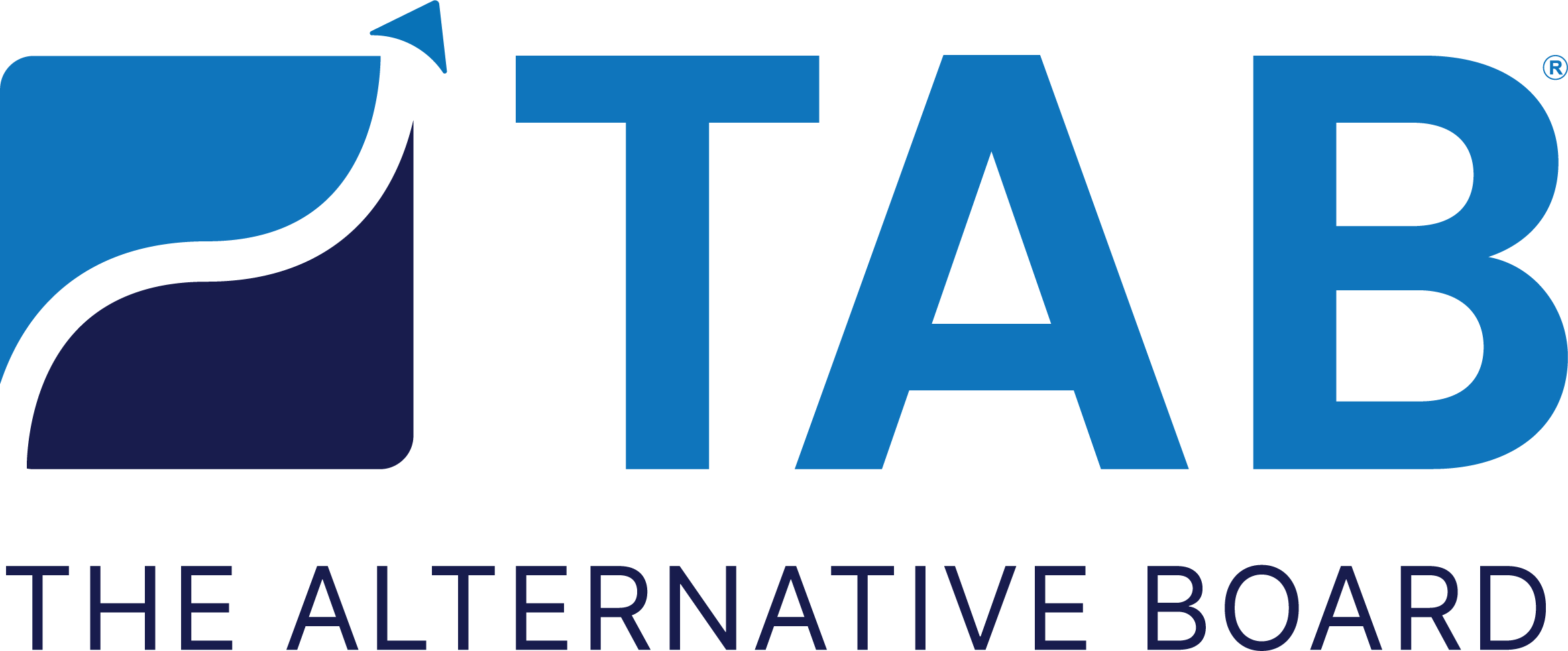Is Being an Ethical Business Leader Really That Hard?
Business ethics is a tricky topic. First, very few owners or executives, even when acting outside of morality norms, actually believe they are conducting themselves unethically. To them, when faced with ethical ambiguity, they have been forced to make “some hard choices.” But does labeling an ethical challenge as difficult relieve the decision-maker of culpability in its aftermath? Hard to say, but what is clear is that business ethics is a great big grey area in which morality is almost always in the eye of the beholder. And that is a big deal, because now more than ever, customers want to align themselves with those organizations that reflect their own morals and values.
What We Learned from Gordon Gekko
Those of us old enough to remember the 80’s film Wall Street were stunned by the unbridled greed of its main antagonist, Gordon Gekko, whose motto “Greed is good” was indelibly marked into the psyches of a generation of moviegoers. The character represented corporate corruption and moral bankruptcy. Gekko definitively embodied the ethically corrupt bad guy as he prioritized power and financial gain over anything close to moral principles.
While the film told a compelling story, the fact is that morality and ethics – or lack thereof – are usually much more nuanced and therefore harder to discern than that of a cinematic villain.
Let’s Talk About Kellogg’s
In February 2024, WK Kellogg’s CEO Gary Pilnick was interviewed on CNBC and shared what he posed was an affordable solution to the impact of rising grocery prices. Pilnick stated he understood how families were struggling with inflation and strongly suggested that eating cereal for dinner was a budget-friendly solution at less than a dollar per serving. Pilnick was asked by the interviewer whether that suggestion could land the wrong way, to which he responded, “It’s landing really well right now.” Suffice to say, it didn’t actually land well at all.
There was huge pushback from consumers due to the seemingly obtuse proposal from the CEO of a multinational food manufacturer that had amassed $2.76 billion in revenue in 2023 and whose product costs have reportedly increased 28% over the last four years. While Pilnick ostensibly posed his “breakfast for dinner” concept as a budget-beater for struggling families, the suggestion felt greedy and ethically suspect. So much so in fact, that many consumers have boycotted Kellogg’s products and labeled the fiasco as Pilnick’s “Let them eat flakes” moment. Experts predict the food giant is going to take a substantial financial hit from the fallout.
Perhaps the biggest takeaway here is that consumers are savvier and ethically more conscious than ever – and that even the appearance of morally toeing the line can be very costly.
Why Morality Is So Challenging
Most business owners want to make morally sound decisions, but right and wrong are not always cut and dry. The Kellogg’s story is a great example of how an action can be considered by one person as altruistic and by another as opportunistic.
The following are three common contributors to the complexity and challenges of being an ethical business leader:
1. Multiple Stakeholders
There are just so many stakeholders for decision-makers to consider like employees, investors, shareholders, suppliers, regulators and even the environment. These entities often hold differing perspectives and objectives, making it challenging for business leaders to know which ethical direction is true north. Or at the very least, which decisions result in the least amount of damage to the most amount of people involved – with the understanding that what benefits one group can often adversely affect another.
2. Ambiguity
Grey areas are difficult for anyone to navigate, particularly when there are no clearcut right or perfect answers. Challenging issues like environmental impact and fair labor practices are a good example of this. For instance, many manufacturers who employ overseas labor are accused of ethical misconduct due to low pay or tough work conditions compared to factories in the West. Those employers often counter that while that might be true, those dynamics are on par or better than standards within that region. This example also underscores the moral complexities of cultural and contextual differences.
3. Technology
Ethically speaking, how much should an organization invest in customer privacy and data security? Is it a certain amount or a percentage of revenue? Does it depend on the size of the organization? Do large corporations like Target have more of a responsibility to the security of their customer data than a 100-employee SMB? There are no rules governing how to effectively protect our digital assets. But if you found out that hypothetically Honeywell spends less on data privacy than the corner donut shop does, you would probably deem that unethical.
Now your organization might pale in size to Target, Honeywell and Kellogg’s, but the onus is nevertheless on you as a business owner to make ethically sound decisions related to your company. And recognizing that sometimes there are no morally right or wrong answers underscores the importance of empathy and humility in your decision-making process.

